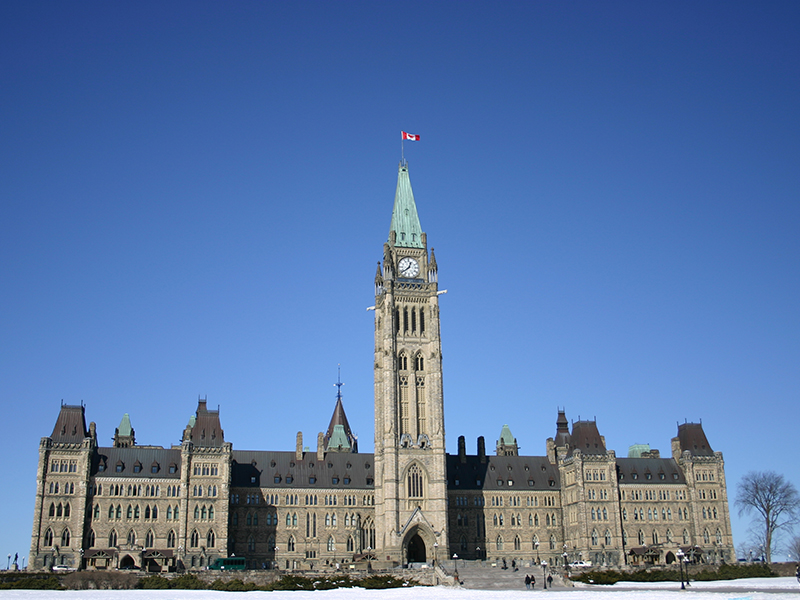The Centre for Israel and Jewish Affairs (CIJA) and B’nai Brith Canada (BBC) are applauding the house standing committee on justice and human rights for agreeing to keep a number of terrorism-related crimes as indictable offences, rather than turn them into potentially less serious summary conviction offences.
Both the governing Liberals and the Opposition Conservatives agreed to the changes, said Steve McDonald, CIJA’s director of policy and strategic communications.
“We’re really pleased. We’re really grateful that it hasn’t become a partisan wedge,” he said.
“The law must always consider genocide and terrorism as the severe criminal offences that they are,” said BBC chief executive Michael Mostyn. “B’nai Brith is pleased the justice committee has taken our concerns seriously. We must send a clear message that Canada has a zero-tolerance policy on terrorism and mass murder. Such evil and indiscriminate hatred must be prosecuted to the full extent of the law.”
READ: JEWISH GROUPS ADVISE MPS ON HOW TO IMPLEMENT M-103
Bill C-75 was introduced by the government last spring, to streamline the criminal justice system and ensure that cases get resolved quicker.
The bill tackles a number of areas of criminal law, including ending peremptory challenges to prospective jurors, restricting preliminary inquiries to cases that carry a potential life sentence and updating bail provisions.
But it was the proposal to reclassify incidents connected to terrorism and advocating genocide as hybrid offences – those that could be dealt with by indictment or summary conviction – that prompted CIJA and BBC to offer submissions to the committee.
Bill C-75 proposed turning 136 indictable offences with maximum sentences of 10 years or less into summary offences, which entail a quicker court process and potentially shorter sentences.
“Our position is that these crimes should only be indictable,” McDonald said. “It sends the wrong message about the gravity of these offences.”
While CIJA agrees there is a need to streamline the criminal trial process, there are so few terrorism-related cases that pursuing them as summary conviction offences will make little or no dent in the court backlog, he added.
CIJA CEO Shimon Fogel appeared before the committee on Sept. 26 to oppose proposed changes that would allow prosecutors to treat terrorism-related cases as summary conviction offenses.
Fogel specifically referenced provisions in the bill that dealt with providing or making available property or services for terrorist purposes, using or possessing property for terrorist purposes, knowingly participating in or contributing to the activity of a terrorist group, leaving Canada to participate in the activity of a terrorist group, knowingly harbouring a person who carried out a terrorist activity or is likely to carry out a terrorist activity, advocating genocide and counselling the commission of a terrorism offence.
“We don’t think that should ever be an option,” McDonald said of the proposal to treat those incidents as summary offences.
David Matas, B’nai Brith senior legal counsel, prepared an advance brief for the committee while B’nai Brith national counsel Leo Adler testified on behalf of the organization. Brian Herman, director of government relations for B’nai Brith, also testified.
“Clear penalties are necessary for deterrence,” Herman told the committee. “We ask committee members to consider carefully the signals they would send by endorsing hybridization of those offences.”
